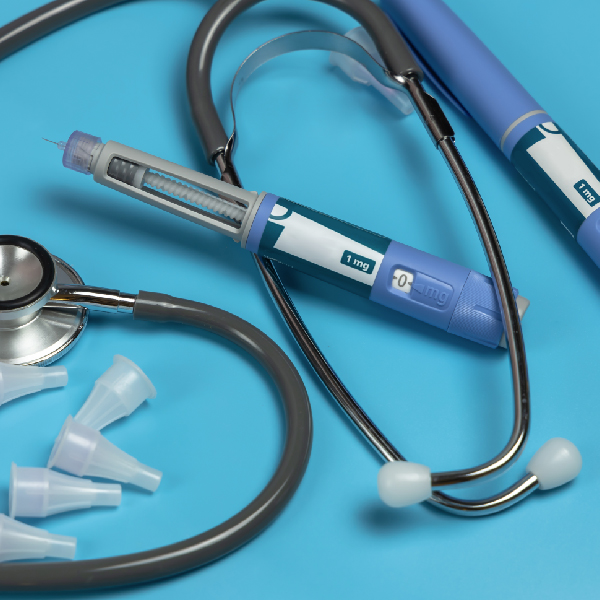One of the ongoing debates in type 2 diabetes treatment, specifically in obese and morbidly obese patients, is weighing lifestyle intervention versus bariatric surgery. Past smaller studies have shown the excellent short-term benefits of bariatric surgery on obese and morbidly obese patients with type 2 diabetes including better glycemic control and reduction and/or discontinuation of all medications. However, the medical community has requested longer term studies to decide if bariatric surgery can be used as a first line treatment for such patients.
While it still remains to be seen if the benefits of bariatric surgery can result in life-long remissions, a recent study did show that patients can experience positive results up to three years after surgery (post-op).
Researchers from the University of Pittsburgh Medical Center assessed patients outcomes for 3 years. Sixty-one obese participants with type 2 were randomly assigned to either an intensive lifestyle weight loss intervention for 1 year followed by a low-level lifestyle intervention for 2 years, or surgical treatments (Roux-en-Y gastric bypass [RYGB] or laparoscopic adjustable gastric banding [LAGB]) followed by a low-level lifestyle intervention in years 2 and 3.
Results showed diabetes medications were reduced more in the surgical groups than the lifestyle intervention-alone group: 65 percent of RYGB, 33 percent of LAGB, and none (0%) of the intensive lifestyle weight loss intervention participants went from using insulin or oral medication at baseline to no medication at year 3. Average reductions in percentage of body weight at 3 years were the greatest after RYGB at 25 percent, followed by LAGB at 15 percent, and lifestyle treatment at 5.7 percent.
“Those who underwent a surgical procedure followed by low-level lifestyle intervention were significantly more likely to achieve and maintain glycemic control than were those who received intensive and then maintenance (low-level) lifestyle therapy alone, regardless of obesity class. More than two-thirds of those in the Roux-en-Y gastric bypass (RYGB) group and nearly half of the LAGB group did not require any medications for T2DM treatment after three years,” the study’s authors stated.
To learn more about this important topic, read this article from DiabetesCare.net.
Source: The JAMA Network Journals





